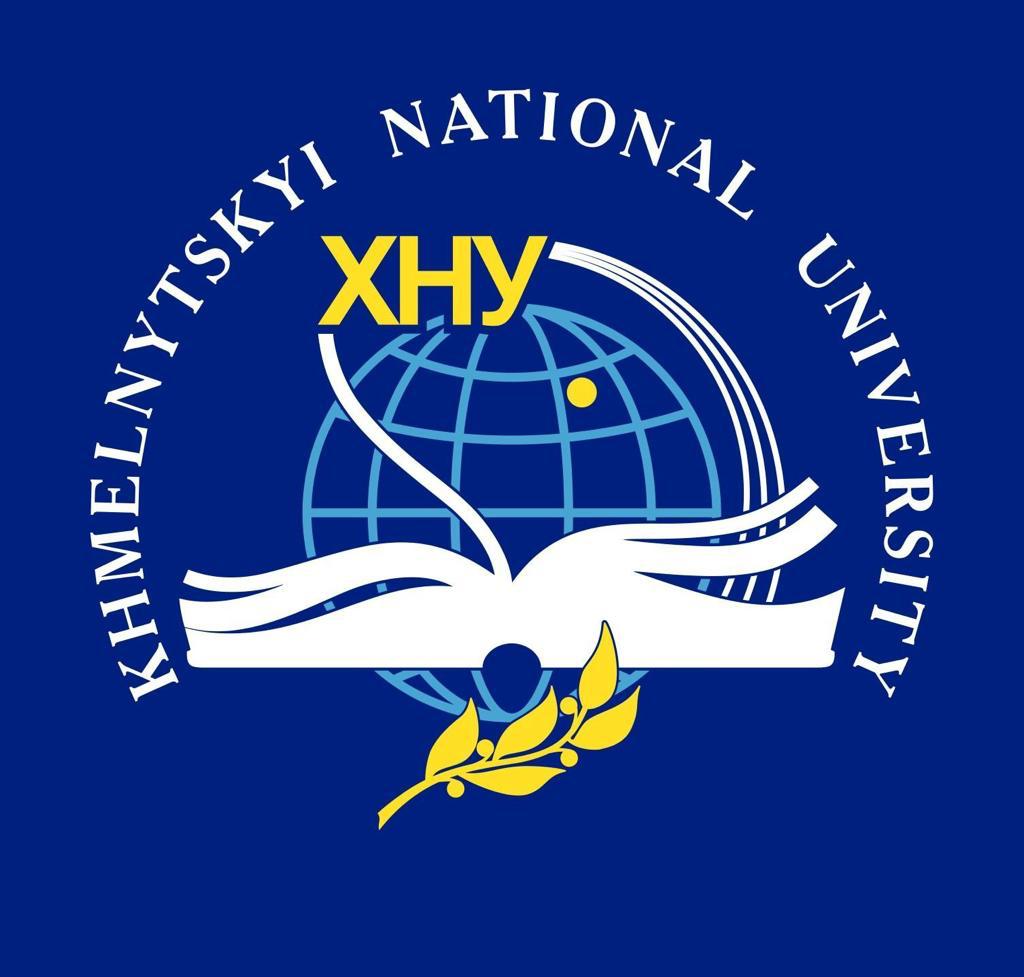PEDAGOGICAL CONDITIONS OF FORMATION OF SPORTS MOTIVATION AT THE INITIAL STAGE OF LONG-TERM TRAINING OF ATHLETES ENGAGED IN CROSSFIT
DOI:
https://doi.org/10.31891/pcs.2025.1(1).91Keywords:
pedagogical conditions, sports motivation, long-term training, crossfit, training process, motivational mechanisms, competitive activityAbstract
The article deals with the pedagogical conditions of formation of sports motivation at the initial stage of long-term training of athletes engaged in crossfit. Particular attention is paid to the study of the factors that determine the level of motivation of beginners, among which the key role is played by coaching, since the coach is not only a mentor in the technical and physical aspects of training, but also an important source of emotional support and the formation of a positive attitude to the training process. In addition, the peculiarities of the educational and training process are decisive, which should be adapted to the age and physical capabilities of novice athletes, as well as include various forms of work that help to increase the level of motivation.
The importance of the main motivational mechanisms is revealed, including intrinsic motivation, which is based on enjoyment of the training process itself, achievement of personal results and the desire for self-development, and extrinsic motivation, which is associated with social and material incentives, such as recognition, achievement of high sports results and participation in competitions.
Additionally, the role of popularization of achievements in the field of crossfit is considered, which can motivate beginners by familiarizing them with successful examples of other athletes, demonstrating the prospects of this sport and creating a positive image of the training process.
The article emphasizes the importance of the active role of the coach in the formation of sports motivation, which is realized through a personalized approach, taking into account the personal interests of athletes and creating conditions for their self-development. It is determined that an effective coach not only teaches the technique of exercises, but also plays the role of a mentor who can inspire, support and stimulate the achievement of new results. The authors emphasize that a properly organized pedagogical environment contributes not only to increasing the effectiveness of the training process, but also to the formation of long-term motivation for sports, which is a key factor in the process of long-term training of athletes.
References
Imas E, Andreeva O, Kensytska I, Khrypko I. (2019). Formation of motivation of mature people to engage in health and recreational physical activity. Physical culture, sport and health of the nation. 2019;7(26):64-73.
Bazylevych N.O., Tonkonog O.S.(2017). Influence of CrossFit classes on the formation of students' motivation to regular physical education and sports. Young scientist. № 2(42). 2017; 113-117.
Vackan I., G.(2015). Development of motor activity of adolescents in extracurricular activities [dissertation]. Lutsk: Lesya Ukrainka Eastern European National University; 2015; 20 p.
Eremenko N, Wang Bohan. (2021). Features of crossfit training of young men aged 17-19 years. International scientific Internet conference “Tendencies and prospects of development of science and education in the conditions of globalization” (Issue 77), Collection of scientific papers. Pereiaslav, 2021;.
Eremenko N., Kovaleva N., Bobrenko S.(2020). The influence of practical fitness classes on the physical development of first-year students. “Physical culture, sport and health of the nation”. 2020; 10 (29):28-33
Gutareva N. V. (2012). Health improvement of adolescents: a textbook for students of physical education faculties. Sloviansk: Slavic State Pedagogical University; 2012; 66.
Levandovska L. (2017). Differentiation of physical education of adolescents taking into account psychophysical characteristics [dissertation]. Ivano-Frankivsk: Vasyl Stefanyk Precarpathian National University; 2017; 20.
Global and local fitness trends in 2020 / Anastasiia Vorobiova, Maryna Vasylenko, Oleksandr Yurchenko, Nataliia Kovalova, Natalia Ieremenko, Dmytro Khurtyk // Gazzetta Medica Italiana-Archivio per le Scienze Mediche. 2021;180(6):295-300. http://reposit.uni-sport.edu.ua/handle/787878787/3230.
Deci, E. L., & Ryan, R. M. (2000). The “What” and “Why” of Goal Pursuits: Human Needs and the Self-Determination of Behavior. Psychological Inquiry, 11(4), 227-268. https://doi.org/10.1207/S15327965PLI1104_01
Nicholls, J. G. (1989). The Competitive Ethos and Democratic Education. Harvard University Press. Vallerand, R. J., & Losier, G. F. (1999). An Integrative Analysis of Intrinsic and Extrinsic Motivation in Sport. Journal of Applied Sport Psychology, 11(1), 142-169. https://doi.org/10.1080/10413209908402956
Downloads
Published
How to Cite
Issue
Section
License
Copyright (c) 2025 Василь АНТОНЕЦЬ

This work is licensed under a Creative Commons Attribution 4.0 International License.





